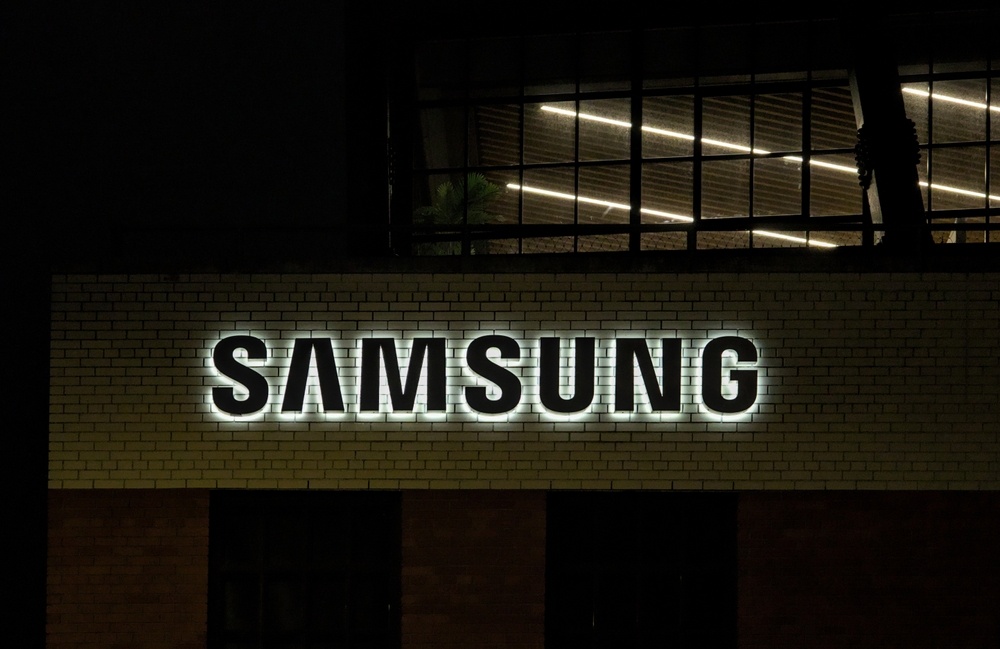Samsung's Faces Challenges in Capacity’ Expansion Due to Equipment Delivery Delays
Samsung's new wafer foundry in Texas, USA, is facing difficulties in expanding production capacity due to the delayed delivery of extreme ultraviolet equipment ordered from Dutch semiconductor giant ASML.

Samsung Electronics' new foundry in Tyler, Texas, is reportedly facing capacity expansion difficulties due to delayed delivery of extreme ultraviolet (EUV) equipment ordered from Dutch semiconductor equipment giant ASML.
People familiar with the matter revealed that the equipment was originally scheduled to be delivered in 2024, but the deadline has passed and ASML has not yet shipped it. In addition, Samsung has also suspended orders from some other suppliers because the Tyler plant lacks support from major customers, resulting in a decrease in the urgency of equipment demand.
The Tyler plant is a strategic investment made by Samsung to promote the expansion of its foundry business, with a project amount of up to US$17 billion. However, the delay in equipment delivery and the lack of major customers have made this expansion plan challenging.
Samsung has been trying to expand its share of the global semiconductor market from memory chips to high-performance chips, but this delay may cause the market to doubt its growth potential in the short term.
TSMC and SK Hynix benefit from AI demand
Currently, Samsung's delayed plan comes at a time when competition in the global foundry market is intensifying. The two main competitors, TSMC and SK Hynix, continue to expand their production capacity of high-performance semiconductors due to the surge in demand for artificial intelligence (AI) chips. TSMC has further consolidated its market leadership with the continued mass production of 3nm and more advanced process technologies.
The initial plan for the Taylor plant is to focus on 4nm and below process technologies, with the goal of winning over American technology company customers. However, Samsung's production capacity is relatively backward compared with TSMC because its yield rate in the 2nm process is still facing challenges. TSMC has achieved mass production of 2nm technology, demonstrating more stable manufacturing capabilities and market advantages.
Fab demand slows down ASML lowers expectations
ASML lowered its 2025 revenue forecast on October 15 due to weak demand outside of AI, and some fabs postponed equipment orders. Although ASML did not specify which customer postponed delivery, the market generally believes that Samsung's delayed plan may be one of them.
This also reflects the reality that semiconductor equipment suppliers are facing weak overall demand in addition to AI demand. As the world's most important supplier of EUV lithography equipment, ASML's performance is usually an important indicator of wafer foundry demand for high-end equipment.
Disclaimer: The views in this article are from the original Creator and do not represent the views or position of Hawk Insight. The content of the article is for reference, communication and learning only, and does not constitute investment advice. If it involves copyright issues, please contact us for deletion.